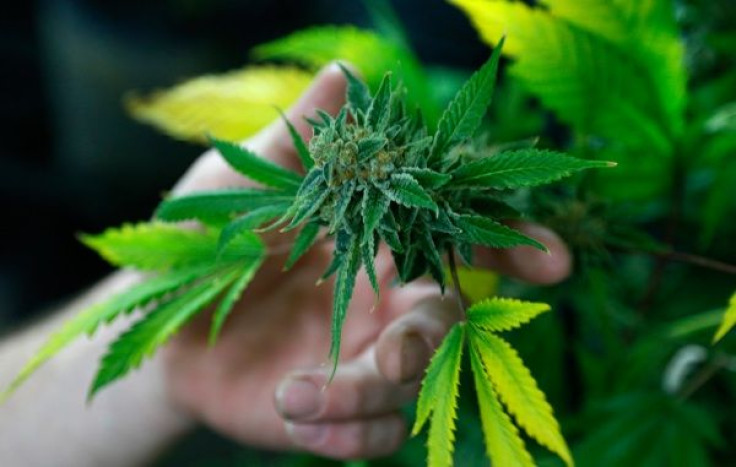Drug Reform: Marijuana Industry Would Be Regulated Under Proposed Bills

Since Washington and Oregon legalized recreational marijuana in 2012, businesses that grew and sold marijuana in those states have operated in a kind of legal limbo: they distributed products that were legal under state law, but considered illegal and dangerous drugs in the eyes of the federal government. On Thursday, lawmakers introduced a series of bills that would implement a system for regulating the legal marijuana industry at the federal level and eliminate discrepancies between the state and federal laws covering cannabis and its use.
Oregon Democrats Sen. Ron Wyden and Rep. Earl Blumenauer introduced a package of bills they have dubbed the "Path to Marijuana Reform." Taken together, the legislation would tax and regulate marijuana, eliminate the threat of federal criminal penalties for legal marijuana businesses, and allow marijuana industries to access banks, which tend to shy away from doing business with people that are profiting off the sale of a plant the federal government classifies as more dangerous than cocaine.
Read: Marijuana Around The World: Argentina To Legalize Cannabis Oil For Medical Treatment
The legislative package is comprised of three bills. The Small Business Tax Equity Act, which was first introduced in 2015 with Republican Sen. Rand Paul of Kentucky as a co-sponsor, would repeal allow marijuana businesses to claim deductions and credits on their federal taxes.
The Responsibly Addressing the Marijuana Policy Gap Act would remove the threat of federal criminal penalties and civil asset forfeiture for legal marijuana businesses. Among many other provisions, it would give legal marijuana businesses access to banks, bankruptcy protection and advertising.
Finally, the Marijuana Revenue and Regulation Act would remove marijuana from the schedule of controlled substances and implement an excise tax on marijuana products, similar to the taxes imposed on alcohol and tobacco.
But can the bills pass? While Republicans, who control both chambers of Congress, traditionally oppose the loosening of drug laws, attitudes toward marijuana legalization have changed drastically over the last decade. In October, the Pew Research Center found that 57 percent of adult respondents favored marijuana legalization, compared to just 37 percent who believed the drug should be illegal. That's almost an exact reversal from 2006, when less than a third of respondents favored legalization and 60 percent were opposed to the idea.
Recreational marijuana is now legal in the District of Columbia and eight states, including Washington, Oregon, California, Nevada, Alaska, Colorado, Maine and Massachusetts. The legal marijuana industry made nearly $7 billion in sales last year.
© Copyright IBTimes 2024. All rights reserved.












